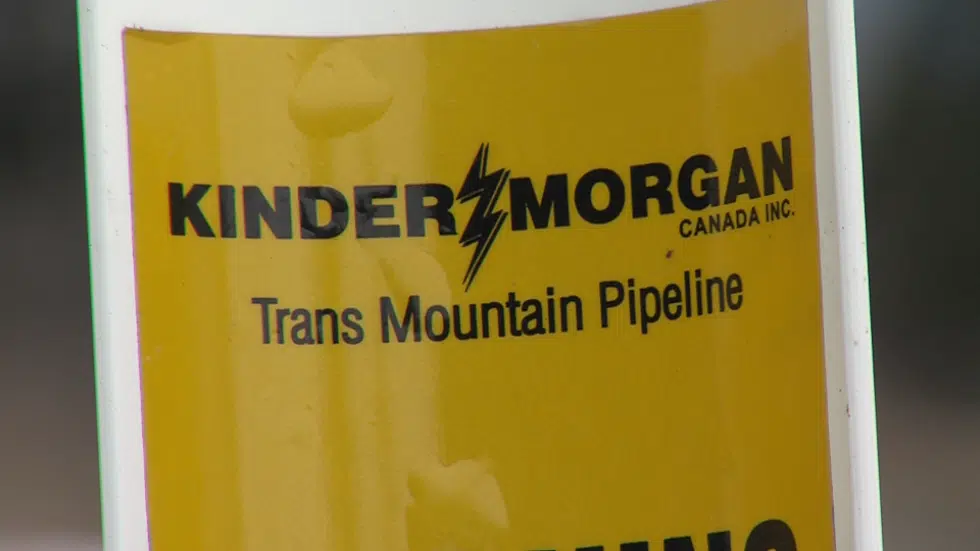
Not only must a law be right, it must also be just
I WANT TO TALK ABOUT the law and the supposed pipeline constitutional crisis some say we are entering into. I’m talking of course about Kinder Morgan and I’ll begin with a confession: Until recently, I struggled with my own decision on this pipeline.
I tried to read everything that crossed my desk about this issue. I listened to experts from both sides. I read your comments posted on social media. I’ve met landowners traumatized by the prospect of that pipeline going through their property. I’ve talked to welders and labourers excited by and eager to go to work building it. And I’ve listened to business groups extol the benefits of the construction phase of the pipeline.
In the end, I wanted to frame and assess all this information not in the context of what’s in it for me but instead, what about my kids and grandkids and the future of our nation.
The father, the grandfather and the environmentalist in me screams in horror and is certain it is the worst possible thing Canada could do. Yet the Canadian in me; the once young, semi-bilingual resident of Ottawa who in the ’60s, lived through the FLQ terrorist attempt to divide Canada, still tries to look to what is best for our country.


